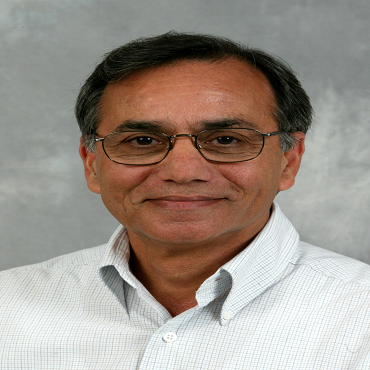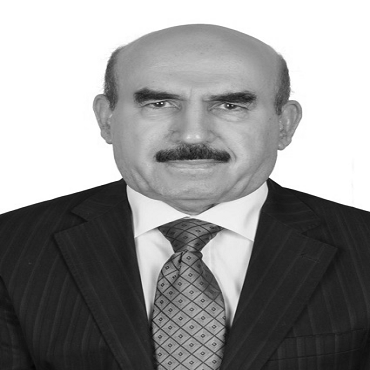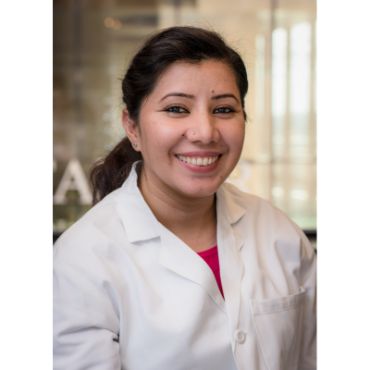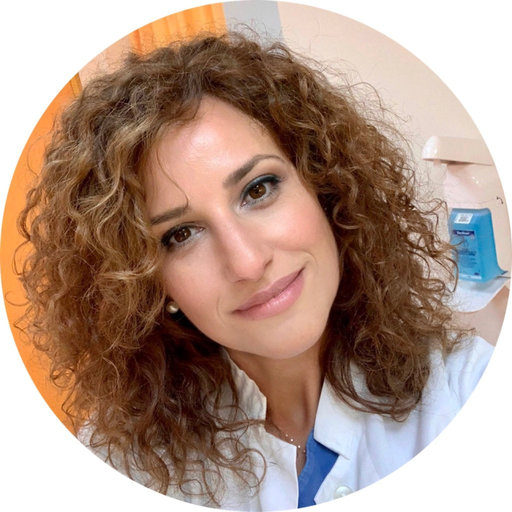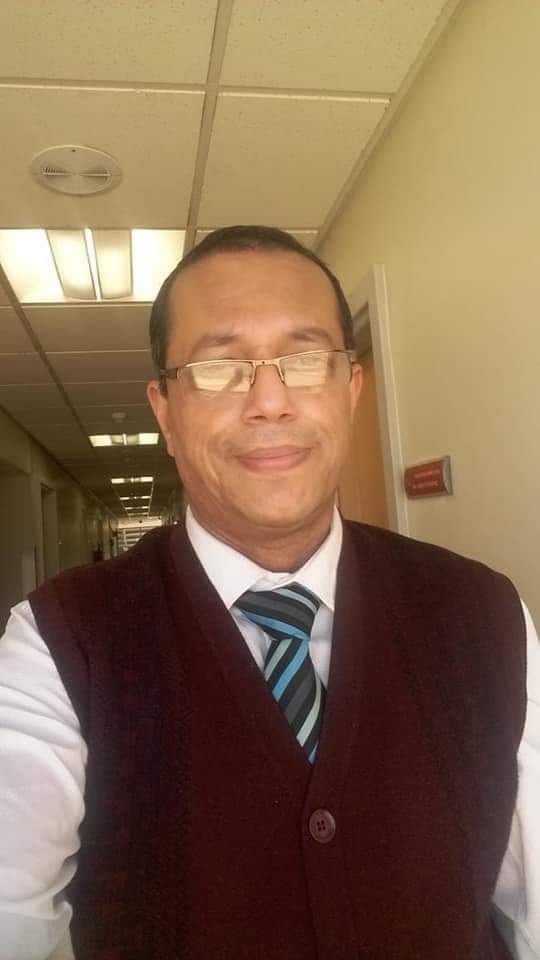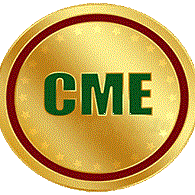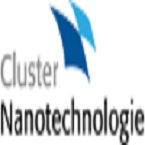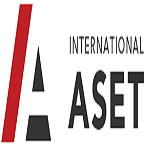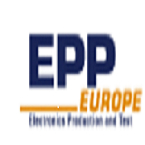Scientific Sessions
Track1: Allegro Oncology
The medical specialty of oncology focuses on the investigation, treatment, prognosis, and prevention of cancer. An oncologist is a clinical specialist in oncology. The term "call" derives from a Greek word that might indicate "tumour," "amount," or "mass." The term "oncology" refers to a field of technology that deals with malignancies and tumours. The word "onco" means bulk, mass, or tumour, and the suffix "-logy" means study. The term Allergo Oncology (AO) refers to the fascinating interaction between allergy reactions, IgE responses, and Th2 immunity, which leads to a reduction in the majority of malignancies. The Task Force's current status on this fascinating and always changing subject at EAACI is timely and suitable.
Track2: General oncologic issues
Oncology is the study of cancer. An oncologist is a doctor who treats cancer and provides medical care for a person diagnosed with cancer. An oncologist may also be called a cancer specialist. The field of oncology has 3 major areas based on treatments: medical oncology, radiation oncology, and surgical oncology. Some of the most common types include: Carcinomas: cancers of the skin or the tissues that line the internal organs.
There are a number of recurring ethical questions and dilemmas in oncological practice. These include:
What information to give the patient regarding disease extent/progression/prognosis.
Entry into clinical trials, especially in the face of terminal illness.
Withdrawal of active treatment.
"Do Not Resuscitate" orders and other end of life issues
Track3: Gynecologic oncology
Gynecologic oncology is a specialized field of medicine that focuses on cancers of the female reproductive system, including ovarian cancer, uterine cancer, vaginal cancer, cervical cancer, and vulvar cancer. As specialists, they have extensive training in the diagnosis and treatment of these cancers. When cancer starts in a woman's reproductive organs, it is called gynecologic cancer. The five main types of gynecologic cancer are: cervical, ovarian, uterine, vaginal, and vulvar. (A sixth type of gynecologic cancer is the very rare fallopian tube cancer.) Thus, any woman is at risk for developing gynecologic cancer. Approximately 100,000 women are diagnosed with gynecologic cancer in the United States each year. Family history, obesity, age and HPV are important risk factors for gynecologic cancer.
Track4: Interventional Oncology
Interventional oncology (IO) is the youngest and fastest growing branch of interventional radiology, dedicated to the diagnosis, treatment and palliation of cancer and cancer-related problems using minimally invasive procedures performed under image guidance. IO treatments are carried out by interventional radiologists. Historically surgery, radio-therapy & chemo-therapy have been the principle treatment options. Interventional Oncology has emerged as yet another treatment option with minimally invasive techniques in the management of cancer. In such procedures the cancer is targeted and destroyed using image guidance for planning and execution.
Track5: Oncology Diagnosis
Listen to pronunciation. (on-KAH-loh-jee) A branch of medicine that specializes in the diagnosis and treatment of cancer. Oncology Devices and Diagnostics include a range of medical devices, in vitro diagnostics and combination device products that assist patients and providers in screening, diagnosing, treating, and monitoring premalignant and malignant conditions. Osteosarcoma. Ovarian cancer. Pancreatic cancer. Pancreatic neuroendocrine tumors. Paraneoplastic syndromes of the nervous system. Treatment. There are no cures for any kinds of cancer, but there are treatments that may cure you. Many people are treated for cancer, live out the rest of their life, and die of other causes. Many others are treated for cancer and still die from it, although treatment may give them more time: even years or decades
Alzheimers-2023| Pharmaceuticals-2023|Dentistry-2023|ENT-2023| Nursing Education-2023| Organic Farming-2023| Nanotechnology 2023| Aquaculture-2023| AgriEconomics - 2023| Oncology - 2023| Pediatric Neurology - 2023| Rehabilitation-2023|
Track6: Pediatric oncology
It's the study and treatment of childhood cancer. Most cancers that are common in children are different from those seen in adults. Pediatric oncology focuses on cancers in infants, children, and teens. Among children (ages 0 to 14 years), the most common types of cancer are leukemias, followed by brain and other CNS tumors, lymphomas, neuroblastoma, kidney tumors, and malignant bone tumors
Signs and symptoms of pediatric cancer
-
Continued, unexplained weight loss.
-
Headaches, often with early-morning vomiting.
-
Increased swelling or persistent pain in bones, joints, back, or legs.
-
Lump or mass, especially in the abdomen, neck, chest, pelvis, or armpits.
-
Development of excessive bruising, bleeding, or rash.
Track7: Surgical Oncology
Surgical oncology is a field of medicine that makes use of surgical procedure to treat most cancers. Its most important aim is to locate harmful tumors to your body and dispose of them. Doctors who practice surgical oncology can also see when you have most cancers or discover if the sickness has unfold to other elements of your frame. Some oncologists consciousness solely on precise cancer types or remedies. Depending on the kind, level and area of a cancer, more than one oncology specialists may be worried in a patient's care. The area of oncology has three most important specialties—clinical, surgical and radiation—and severa sub-specialties.
Track8: Cancer & Therapeutics
Currently, more and more people are turning to targeted therapy as a form of treatment for cancer, as it is highly effective when compared to chemotherapy. While chemotherapy offers around a 30% success rate, targeted therapy is successful in up to 80% of cases. Targeted therapy is a type of cancer treatment that targets the changes in cancer cells that help them grow, divide, and spread. Alter proteins within cancer cells that cause those cells to die. Prevent new blood vessels from forming, which cuts off blood supply to your tumor. Tell your immune system to attack the cancer cells. Deliver toxins that kill cancer cells without harming healthy cells. Targeted therapy is a type of cancer treatment. It uses drugs to target specific genes and proteins that help cancer cells survive and grow
Track9: Endocrine tumors
A situation wherein the neuroendocrine cells grow to be tumours.A neuroendocrine tumour might also develop slowly or aggressively and spread to different parts of the body.Many human beings do now not expand signs and the tumour is detected incidentally. When signs and symptoms occur, they can range based at the location of the tumour. In rare cases, skin flushing or fluctuating blood sugar degrees might also arise. Thyroid most cancers is the maximum commonplace kind of endocrine cancer, identified in about 64,000 humans each 12 months. In most cases, it is a totally treatable shape of most cancers.
Track10: Radiotherapy and Chemotherapy
Chemotherapy and radiation therapy are both treatments for cancer – the uncontrolled growth and spread of cells to surrounding tissues. Chemotherapy, or “chemo,” uses special drugs to shrink or kill cancer cells. Radiation therapy, or “radiation,” kills these cells with high-energy beams such as X-rays or protons. Radiotherapy may be used in the early stages of cancer or after it has started to spread. It can be used to: try to cure the cancer completely (curative radiotherapy) make other treatments more effective – for example, it can be combined with chemotherapy or used before surgery (neo-adjuvant radiotherapy). At high doses, radiation therapy kills cancer cells or slows their growth by damaging their DNA. Cancer cells whose DNA is damaged beyond repair stop dividing or die. When the damaged cells die, they are broken down and removed by the body. Radiation therapy does not kill cancer cells right away.
Alzheimers-2023| Pharmaceuticals-2023|Dentistry-2023|ENT-2023| Nursing Education-2023| Organic Farming-2023| Nanotechnology 2023| Aquaculture-2023| AgriEconomics - 2023| Oncology - 2023| Pediatric Neurology - 2023| Rehabilitation-2023|
Track11: Oncology Nursing and Care
Oncology nursing care can be defined as meeting the various needs of oncology patients during the time of their disease including appropriate screenings and other preventive practices, symptom management, care to retain as much normal functioning as possible, and supportive measures upon end of life. Oncology nurses take care of cancer patients and potential cancer patients in various clinical settings. You'll work with physicians and other medical professionals to provide patients with what they need for cancer prevention, diagnosis, treatment, symptom management, and palliative care.
Track12: Radiation oncology
Each radiation oncologist has specialized training in performing radiation treatment for people with cancer and those with certain noncancerous (benign) conditions. The doctors further specialize by concentrating their individual practices on treating different types of cancers, including complex and rare cancers. Radiation oncology (radiotherapy/radiation therapy) is a medical speciality that is an essential part of a multidisciplinary approach to cancer treatment. It uses high energy x rays(photons) most commonly delivered through a linear accelerator. A radiation oncologist may use external beam radiation therapy or brachytherapy to treat cancer. External beam radiation therapy can be generated by a linear accelerator (a machine that accelerates electrons to produce x-rays or gamma rays).
Track13: Lung Cancer
As with many other cancers, a key to surviving lung cancer is catching it in its earliest stages, when it is most treatable. For patients who have small, early-stage lung cancer, the cure rate can be as high as 80% to 90%.
The most common symptoms of lung cancer are:
A cough that does not go away or gets worse.
-
Coughing up blood or rust-colored sputum (spit or phlegm)
-
Chest pain that is often worse with deep breathing, coughing, or laughing.
-
Hoarseness.
-
Loss of appetite.
-
Unexplained weight loss.
-
Shortness of breath.
-
Feeling tired or weak.
Symptoms include a cough (often with blood), chest pain, wheezing and weight loss. These symptoms often don't appear until the cancer is advanced.
Treatments vary but may include surgery, chemotherapy, radiation therapy, targeted drug therapy and immunotherapy.
Track14: End Of Life Care
When a person's fitness care group determines that the most cancers can not be managed, clinical trying out and most cancers treatment regularly prevent. As in different tiers, ache from most cancers may additionally take place while cancer takes over tissue, or while tumors press to your bones, nerves, or organs. Some tumors launch chemicals that cause ache, or motive your body to react in ache. Your fitness care crew can manipulate the pain thru medicinal drug.
-
Signs that death has took place
-
Breathing stops
-
Blood pressure can't be heard
-
Pulse stops
-
Eyes prevent moving and may stay open
-
Pupils of the eyes live huge, even in bright mild
-
Control of bowels or bladder may be lost because the muscle tissues loosen up
Track15: Cancer Nursing And Integrative Medicine
Integrative medication is a technique to medical care that combines traditional medicine with CAM practices that have shown via technological know-how to be secure and powerful. This approach frequently stresses the affected person's options, and it attempts to deal with the intellectual, physical, and non-secular elements of health. Cancer Nursing is a bi-month-to-month peer-reviewed nursing journal overlaying troubles bobbing up inside the care and help of most cancers patients from prevention and early detection, to all treatment modalities, and precise nursing interventions.
Alzheimers-2023| Pharmaceuticals-2023|Dentistry-2023|ENT-2023| Nursing Education-2023| Organic Farming-2023| Nanotechnology 2023| Aquaculture-2023| AgriEconomics - 2023| Oncology - 2023| Pediatric Neurology - 2023| Rehabilitation-2023|
Market Analysis
Conferences invite all the actors through the world to fix at 29th International Oncology Summit on Cancer Science and Oncology that goes to be listed on February 23-24, 2023, Webinar which is suitable to embrace keynote shows, Oral addresses, Bill shows, and Exhibitions. ONCOLOGY - 2023 may be an especially designed cluster conference. The most focus of the conference is “Exploring the Research Ideas in Oncology and Cancer Research” that covers a large vary of critically necessary sessions.
For further details please visit https https://oncologysummit.global-summit.com/
Research and Development
Scientific improvements in understanding rare cancers that lead to new rectifiers and a probative biomedical Eco-system that provides backing and support for R&D especially among arising biopharma companies, have redounded in a channel of nearly implicit cancer treatments, over 75 since 2015.
Bringing Scientific Advances to Cancer Cases
Access to drugs has been steadily adding and 9.2 billion Defined diurnal Boluses were delivered encyclopedically in 2020, but variability across countries remains high and the use of prophetic biomarkers to effectively deliver perfection drugs to those who'll profit from them remains variable across cancer types and countries.
Spending on Oncology Medicines
The swell in invention treatments in recent times, accompanied by a strong focus across health systems to increase early opinion and expanded patient access to treatments, has redounded in global spending on oncology medicines reaching$ 164 billion in 2020 and an estimated$ 269 billion by 2025 indeed as periodic growth rates ease to about 10.
Exhibition 52 Globle oncology spending growth to exceed$ 260 billion by 2025, with growth decelerating to 9 – 12 from biosimilar savings

